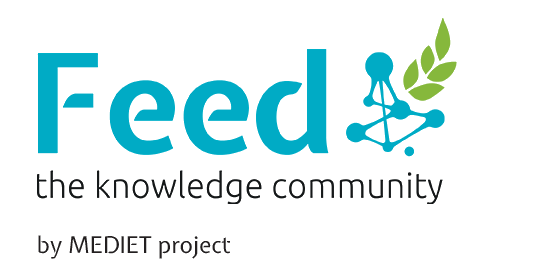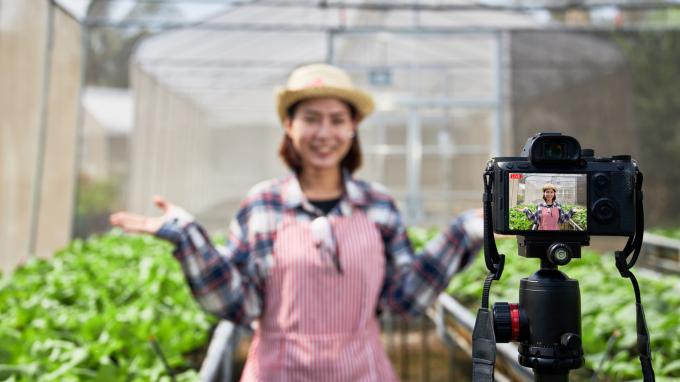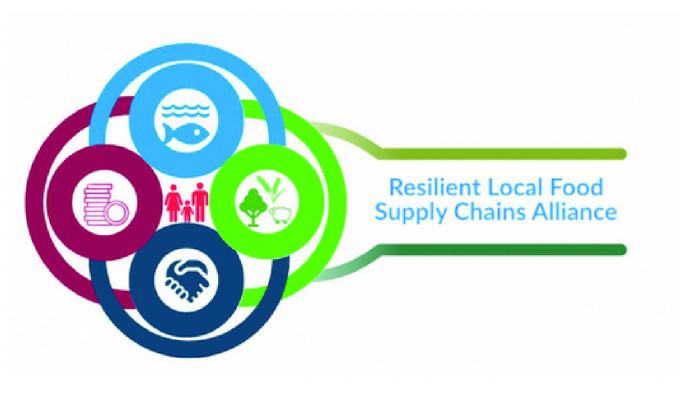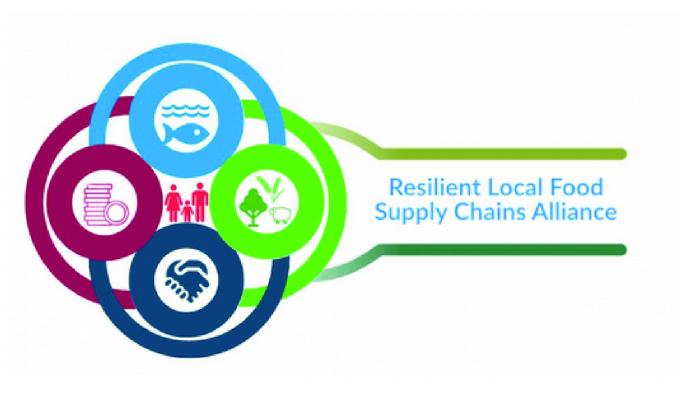Period
2023 - 2023
This practice focused on restructuring the national plant health service in Kosovo. Upgrades in lab equipment, greenhouse establishment, and customs inspection points were accompanied by staff training and regulatory harmonisation with EU standards. All of these actions facilitated an up-to-date international accreditation of plant health labs. Improving phytosanitary testing, customs controls, and nursery sector safeguards boosted produce quality and compliance with global standards. This led to increased export potential, benefiting the economy and rural communities.
You must be registered to see all the content
Identification needs
After gaining independence, the nation demonstrated numerous shortcomings in its public services, which impeded its progress. In particular, the national agricultural and plant health service needed to be restructured, both in terms of investment in its infrastructure and in terms of the expertise required to effectively regulate the import/export of plant material and to monitor the quarantine pests present in the country. The project aided the Kosovo Ministry of Agriculture, Forestry and Rural Development in reorganising the national plant health service, particularly by targeting the national laboratories at the Kosovo Institute of Agriculture (KIA) in Peja. This was accomplished through comprehensive staff training, equipment upgrades and an increase in personnel involved in phytosanitary diagnosis. The project successfully initiated the process of international accreditation of plant health laboratories.
Stakeholder change
The strengthening of the national plant health laboratories was a significant achievement in the reorganization of the country's plant health service. Actions aimed at enhancing phytosanitary testing through laboratory upgrades, expanded analysis techniques, and specialised personnel training resulted in the creation of new ministerial services accessible to both farmers and nurserymen. Furthermore, the initiative encouraged farmers to yield healthier and higher-quality produce that adheres to local and global standards, ensuring the responsible use of pesticides for a positive impact on the environment and public health. Furthermore, bolstering custom inspection checkpoints and optimizing custom controls has aided in safeguarding the domestic fruit and vegetable industry by decreasing the potential transmission of quarantine pests, and elevating the quality of plant material accessible to the national horticultural sector.
Change triggered
The initiative's positive impact is attributed to the improved services offered by the public system, particularly the Kosovan Ministry of Agriculture, Forestry and Rural Development. This enhancement has led to a long-term increase in the country's exportable goods potential that meet European standards, thereby positively affecting the economy as a whole and rural communities in particular. The improved quality and efficiency of the services have attracted more users, positively impacting the Ministry's financial management by enhancing its spending capacity. Furthermore, the upgrade in the service quality has led to a surge in staff employment due to the rise in demand from beneficiary organisations.
Short description
The public laboratories for phytosanitary diagnosis have been upgraded with equipment and devices to aid in the diagnosis of quarantine pathogens. These investments have been accompanied by actions to enhance the capacity of the laboratory staff through specific training cycles and technical assistance provided by international experts. The establishment of two greenhouses has enabled the domestic nursery sector to enhance and safeguard local germplasm by preserving healthy material for fruits and vines. The main customs inspection points have been upgraded with new instrumentation for initial monitoring. Phytosanitary inspectors have undergone training to increase the efficiency of plant material inspection. The initiative has promoted the harmonisation of significant regulations and amendments, including laws, statutes, regulations and administrative instructions. This is consistent with the EU's acquis of the phytosanitary scheme, seeds and propagation materials while adhering to priorities set forth in the National Rural Development Plan. Such efforts were made to overcome regulatory gaps arising from the extended period of institutional inactivity following the nation's independence and subsequent geopolitical reorganisation.














